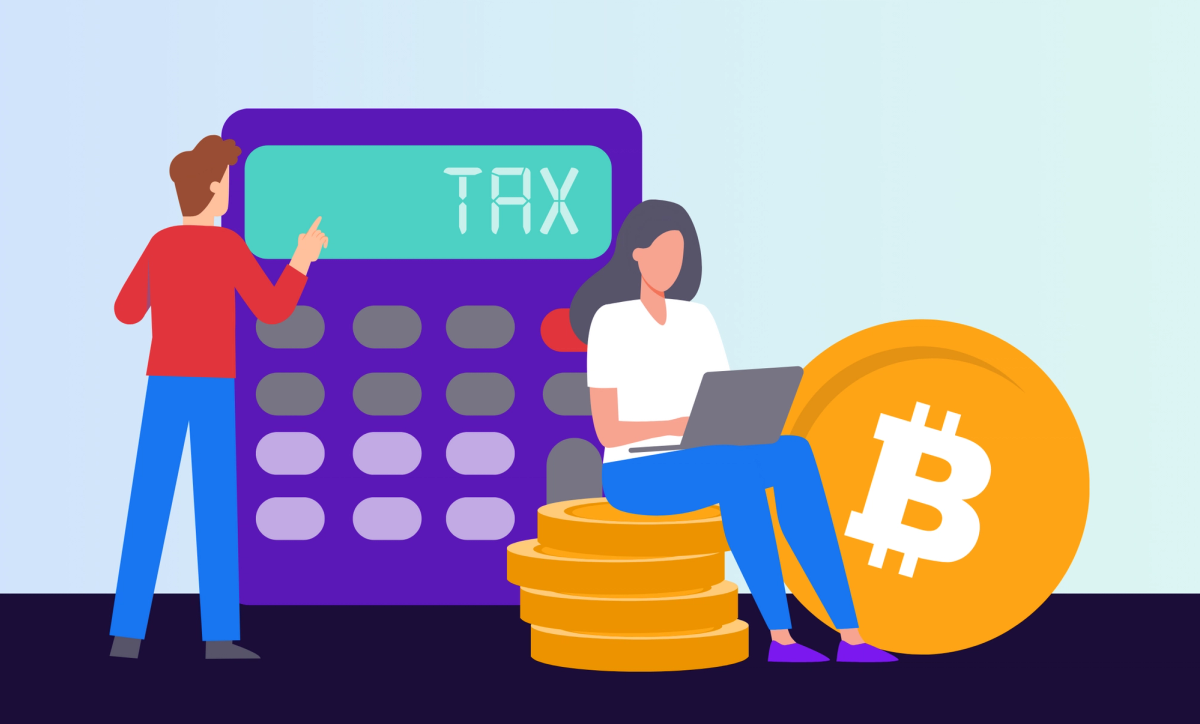
Cryptocurrency tax doesn't need to be complex. With Recap, it's simple, safe, and secure. However, if you've ever tried calculating your crypto tax, you know it’s rarely as straightforward as it seems. A crypto tax calculator might sound like the answer to all your problems, promising quick and accurate results. But in reality, it’s not always that simple.
Even with a highly accurate tool like Recap, many investors and traders face significant challenges when using tax software. From missing data sources to the complexities of DeFi and NFTs, there are numerous hurdles that can turn what should be a seamless process into a frustrating ordeal. Let’s explore the common issues you might encounter and how to navigate them effectively, ensuring your tax reporting is accurate and stress-free.
1. Missing data sources and historical transactions
Missing data sources
One of the most frequent issues crypto investors experience is missing data sources. If you haven’t linked all your wallets and exchanges, your numbers will likely be off. Crypto tax calculators need to track every movement of your tokens to classify transactions correctly. Ensure you've connected all your wallets and exchanges to avoid this pitfall.
Historical transactions
If you're reporting for the first time but have been dealing with crypto for years, you need to upload all your data from the beginning. This historical data is crucial for calculating your cost basis and determining gains or losses accurately. Skipping this step can result in incorrect tax reports and potentially hefty penalties.
2. Unsupported blockchains
The crypto space evolves rapidly, with new blockchain protocols emerging frequently. Not all tax calculators can support every new chain immediately or even at all, especially niche ones. If you’re dealing with unsupported chains, you might need to manually upload transactions using a CSV file. While this can be time-consuming, it's essential for accurate tax reporting. Always follow the provided templates to format your data correctly and check that the tax software is also identifying your activity correctly and applying the correct tax rules. Find out which blockchains Recap support on our integrations page.
3. Spam airdrops and “shitcoins”
Receiving spam airdrops or tokens can clutter your transaction history. Legitimate airdrops may be subject to income tax - depending on your tax jurisdiction, but many airdrops are spam or phishing attempts. Crypto tax calculators might not always distinguish between these, leading to inflated income reports. You'll need to manually ignore these transactions, which can be tedious if there are many, however, staying vigilant about what appears in your wallet helps keep your tax reports clean.
4. Crypto tax guidance is still developing
The tax rules for cryptocurrency are still developing, leading to many grey areas. DeFi activity, transactions like wrapping tokens or dealing with crypto from bankrupt exchanges can be complex. Some crypto tax calculators offer options to help you choose your tax position, but for complex situations, consulting with a crypto tax professional might be necessary to ensure you are taking the correct approach for your tax jurisdiction. Their understanding of these legal nuances can help you make informed decisions and avoid unexpected tax issues. Take a look at our comprehensive crypto tax guides for help understanding tax rules.
5. Reviewing transactions
Crypto tax calculators can capture data, but human input is often needed to clarify the classification and intent of a transaction. For example, if you transfer crypto between wallets, are you transferring crypto to your own wallet, gifting crypto to a spouse, are you making a purchase? There are many possible scenarios, each with different tax implications but the software may just track a transfer.
6. Complexities of taxing DeFi and NFTs
Dealing with NFTs and DeFi transactions can be particularly challenging as tax guidance isn’t always clear. A single DeFi transaction might also appear as numerous transactions in your tax software. While some calculators handle these scenarios better than others, manual review is required to ensure accuracy.
You should also check how different tax softwares apply tax to DeFi as rules can vary. In the UK, you may need to decide if your transactions are capital or income in nature and whether beneficial ownership is retained when entering and exiting lending and staking activity.
We highly recommend getting help from a tax professional, especially in complex scenarios. Misclassification of transactions can lead to incorrect tax reporting, so you, or an accountant must review your data carefully before filing.
For more detailed information, take a look at our NFT tax guide and DeFi tax guide.
7. Maintaining financial privacy
When it comes to using a crypto tax calculator, there's another important aspect to consider: financial privacy. To generate an accurate tax report, the calculator needs access to all your data, which raises concerns about who can see and access this information.
Data security concerns
While it's unlikely that tax calculators hold enough information to directly compromise your assets, the data they collect is still sensitive. Knowing who has access to this data and whether it can be shared with third parties is crucial. Some platforms might not provide clear answers, leaving your financial privacy in question.
Recap’s commitment to crypto data privacy
At Recap, we firmly believe you shouldn't have to surrender your financial data to be tax compliant. We prioritise your privacy by using end-to-end encryption. This means that only you - or anyone you invite, such as an accountant - can view your data. All data processing and calculations happen on your device (client-side), ensuring that no one else has insight into your financial details.
By maintaining this level of privacy, Recap ensures that your financial worth remains confidential, offering peace of mind while you manage your crypto taxes.
Conclusion
Using a crypto tax calculator like Recap can simplify the process, but it's important to understand the potential challenges. Missing data, unsupported chains, spam airdrops, legal ambiguities, complex NFT and DeFi transactions, and maintaining financial privacy can all pose problems. By staying diligent, you can navigate these issues effectively and ensure accurate tax reporting.
Recap can help you self-file taxes with confidence, but it's crucial to ensure that all your data is correct. For those with complex cases or filing for the first time, we also recommend consulting an accountant for added peace of mind. Remember, while Recap makes the process straightforward, the accuracy of your tax report relies on the completeness and correctness of the data you provide.



